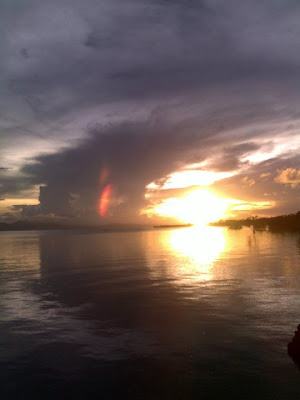The word nature is derived from the Latin word natura, or "essential qualities, innate disposition", and in ancient times, literally meant "birth". Natura was a Latin translation of the Greek word physis , which originally related to the intrinsic characteristics that plants, animals, and other features of the world develop of their own accord. The concept of nature as a whole, the physical universe, is one of several expansions of the original notion; it began with certain core applications of the word by pre-Socratic philosophers, and has steadily gained currency ever since. This usage was confirmed during the advent of modern scientific method in the last several centuries.
Nature is everything that was not made by man. So the definition of nature excludes all things that where introduced by mankind. All those human developments are summarized as culture.
Forests, for example, are the source of rivers, nutrients for agriculture, opportunities for eco-tourism and food. These so-called ecosystem services are instrumental in protecting vulnerable communities against the impact of climate change already underway.
It's not global climate change that will have the most dramatic effect on the world's forests but human-led deforestation, ...



















No comments:
Post a Comment